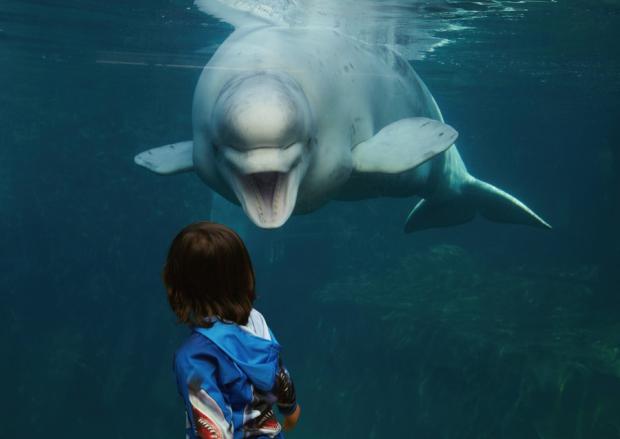
Breaking News
 Powerful Pro-life Ad Set to Air During Super Bowl 'Adoption is an Option' (Video)
Powerful Pro-life Ad Set to Air During Super Bowl 'Adoption is an Option' (Video)
 Even in Winter, the Sun Still Shines in These Citrus Recipes
Even in Winter, the Sun Still Shines in These Citrus Recipes
 Dates: The Ancient Fertility Remedy Modern Medicine Ignores Amid Record Low Birth Rates
Dates: The Ancient Fertility Remedy Modern Medicine Ignores Amid Record Low Birth Rates
 Amazon's $200 Billion Spending Shock Reveals Big Tech's Centralization Crisis
Amazon's $200 Billion Spending Shock Reveals Big Tech's Centralization Crisis
Top Tech News
 SpaceX Authorized to Increase High Speed Internet Download Speeds 5X Through 2026
SpaceX Authorized to Increase High Speed Internet Download Speeds 5X Through 2026
 Space AI is the Key to the Technological Singularity
Space AI is the Key to the Technological Singularity
 Velocitor X-1 eVTOL could be beating the traffic in just a year
Velocitor X-1 eVTOL could be beating the traffic in just a year
 Starlink smasher? China claims world's best high-powered microwave weapon
Starlink smasher? China claims world's best high-powered microwave weapon
 Wood scraps turn 'useless' desert sand into concrete
Wood scraps turn 'useless' desert sand into concrete
 Let's Do a Detailed Review of Zorin -- Is This Good for Ex-Windows Users?
Let's Do a Detailed Review of Zorin -- Is This Good for Ex-Windows Users?
 The World's First Sodium-Ion Battery EV Is A Winter Range Monster
The World's First Sodium-Ion Battery EV Is A Winter Range Monster
 China's CATL 5C Battery Breakthrough will Make Most Combustion Engine Vehicles OBSOLETE
China's CATL 5C Battery Breakthrough will Make Most Combustion Engine Vehicles OBSOLETE
 Study Shows Vaporizing E-Waste Makes it Easy to Recover Precious Metals at 13-Times Lower Costs
Study Shows Vaporizing E-Waste Makes it Easy to Recover Precious Metals at 13-Times Lower Costs
Humans could soon TALK to whales:

A team of international scientists recently launched an ambitious project to listen to, contextualize and translate the communication of Sperm whales, with a goal of 'talking' to the majestic marine animals.
The initiative, called Project CETI (Cetacean Translation Initiative), is harnessing the power of artificial intelligence to interpret clicking sounds, or 'codas,' Sperm whales make to communicate with one another.
Researchers are using natural language processing or NLP – a subfield of artificial intelligence focused on processing written and spoken human language - which will be trained four billion Sperm whale codas.
The plan is to have the AI correlate each sound with a specific context - a feat that will take at least five years, according to the researchers.
If the team achieves these goals, the next step would be to develop and deploy an interactive chatbot that engages in dialogue with Sperm whales living in the wild.
Michael Bronstein, the lead of machine learning for Project CETI, told Hakai: 'If we discover that there is an entire civilization basically under our nose — maybe it will result in some shift in the way that we treat our environment.
'And maybe it will result in more respect for the living world.'

 Smart dust technology...
Smart dust technology...

